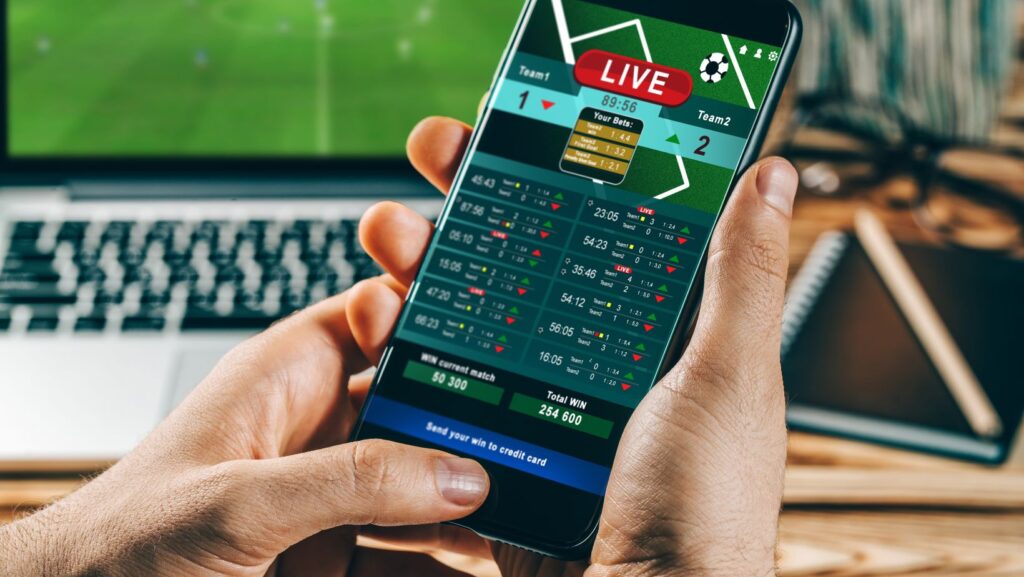Minimalist game design isn’t about doing less – it’s about doing only what matters. Here, in Penalty Shoot-Out: Super Cup by Evoplay, the format is brutally simple: pick a side, shoot, and see if you beat the keeper. That’s it. No meta-layer. No tutorial. No fluff. Just raw interaction, tuned for short sessions and maximum repeatability.
This is an upgrade of a format that already worked – the original Penalty Shoot-Out. The Super Cup version refines it with slicker visuals, a stadium atmosphere, and the ability to choose your country, adding subtle emotional stakes. Want to represent Brazil or Germany in a pressure moment? Now you can, with zero load screens or account friction.
Built for Tap-Brain Gamers
If your brain runs on pattern recognition and quick decisions (hello, strategy and puzzle fans), this game hits the spot. It’s fast enough to not feel like a commitment, but engaging enough to keep you chasing that clean shot. No energy bars, no timers – just one-on-one logic versus a digital goalie.
And because every round resets instantly, there’s that addictive “one more try” loop baked into the core. It’s perfect for micro-breaks or focus resets, especially if you’re toggling between spreadsheets, code, or lectures.
Technically Elegant
From a dev perspective, Super Cup is an HTML5-built, mobile-first title that takes under 3 seconds to load. Asset weight is minimal, responsiveness is snappy, and it scales across screen sizes without any visible UX compromise. In an era of bloated mobile games, this is… refreshing.

That makes it a great candidate for embedded engagement modules – we’ve already seen titles like this used in loyalty systems, gamified onboarding, and even health apps (as cognitive mini-tests). It’s fun, but it’s also structured, measurable interaction.
The Psychology Is Real
There’s also a deeper loop here: the emotional payoff from making the right read, under pressure, in milliseconds. It taps into the same brain systems that fuel poker, speed chess, or rhythm games – reward for micro-correctness. Add the national team element, and you’ve got the kind of subtle identity driver that pushes repeat plays without needing extrinsic rewards.
In short: it’s simple, but sharp. And that’s often the best kind of game logic.
A Small Game That Understands Scale
What’s interesting about Penalty Shoot-Out: Super Cup is how it demonstrates scalability without complexity. It’s the kind of game that could run equally well as a standalone app, an in-app engagement module, or even a branded mini-experience during live sports events. Because of its modular codebase and compact UI footprint, it’s deployable across multiple verticals – from entertainment platforms to marketing campaigns. In short, it’s not just a game – it’s a scalable interaction model built for modern digital ecosystems.




